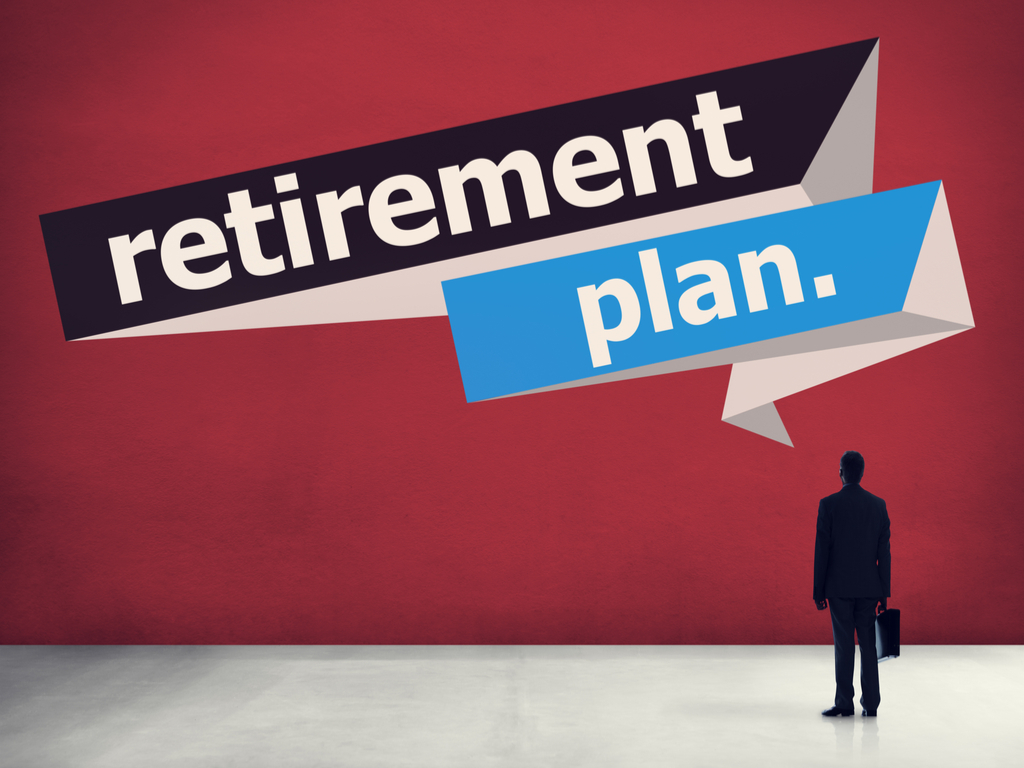Nearing Retirement? Time to Get Focused 1

If you're within 10 years of retirement, you've probably spent some time thinking about this major life change. The transition to retirement can seem a bit daunting, even overwhelming. If you find yourself wondering where to begin, the following points may help you focus.
Reassess your living expenses
A step you will probably take several times between now and retirement--and maybe several more times thereafter--is thinking about how your living expenses could or should change. For example, while commuting and dry cleaning costs may decrease, other budget items such as travel and health care may rise. Try to estimate what your monthly expense budget will look like in the first few years after you stop working. And then continue to reassess this budget as your vision of retirement becomes reality.
Consider all your income sources
Next, review all your possible sources of income. Chances are you have an employer-sponsored retirement plan and maybe an IRA or two. Try to estimate how much they could provide on a monthly basis. If you are married, be sure to include your spouse's retirement accounts as well. If your employer provides a traditional pension plan, contact the plan administrator for an estimate of your monthly benefit amount. >>>
Do you have rental income? Be sure to include that in your calculations. Is there a chance you may continue working in some capacity? Often retirees find they are able to consult, turn a hobby into an income source, or work part-time. Such income can provide a valuable cushion that helps retirees postpone tapping their investment accounts, giving them more time to potentially grow.
Finally, don't forget Social Security. You can get an estimate of your retirement benefit at the Social Security Administration's website, ssa.gov. You can also sign up for a my Social Security account to view your online Social Security Statement, which contains a detailed record of your earnings and estimates of retirement, survivor, and disability benefits.
Manage taxes
As you think about your income strategy, also consider ways to help minimize taxes in retirement. Would it be better to tap taxable or tax-deferred accounts first? Would part-time work result in taxable Social Security benefits? What about state and local taxes? A qualified tax professional can help you develop an appropriate strategy.
Pay off debt, power up your savings
Once you have an idea of what your possible expenses and income look like, it's time to bring your attention back to the here and now. Draw up a plan to pay off debt and power up your retirement savings before you retire.
Why pay off debt? Entering retirement debt-free--including paying off your mortgage--will put you in a position to modify your monthly expenses in retirement if the need arises. On the other hand, entering retirement with mortgage, loan, and credit card balances will put you at the mercy of those monthly payments. You'll have less of an opportunity to scale back your spending if necessary.
Why power up your savings? In these final few years before retirement, you're likely to be earning the highest salary of your career. Why not save and invest as much as you can in your employer-sponsored retirement savings plan and/or your IRAs? Aim for the maximum allowable contributions.
And remember, if you're 50 or older, you can take advantage of catch-up contributions, which allow you to contribute an additional $6,000 to your employer-sponsored plan and an extra $1,000 to your IRA in 2016.
Account for health care
Finally, health care should get special attention as you plan the transition to retirement. As you age, the portion of your budget consumed by health-related costs will likely increase. Although Medicare will cover a portion of your medical costs, you'll still have deductibles, copayments, and coinsurance. Unless you're prepared to pay for these costs out of pocket, you may want to purchase a supplemental insurance policy.
In 2015, the Employee Benefit Research Institute reported that the average 65-year-old married couple would need $213,000 in savings to have at least a 75% chance of meeting their insurance premiums and out-of-pocket health care costs in retirement. And that doesn't include the cost of long-term care, which Medicare does not cover and can vary substantially depending on where you live. For this reason, you might consider a long-term care insurance policy.
4 Ways to Get Rid of Debt 3
It’s no secret that America runs on debt. The amount of outstanding consumer debt as of August last year stood at $3.25 trillion, according to the Federal Reserve. And according to a 2012 Experian report, Baby Boomers’ average total debt was $101,951, and those over 66 had a total debt of $38,043.
Even if your debt load is less than the average, it can still feel overwhelming, especially if you’re on fixed income. But help is here. The strategies below can get you on the road to being debt-free fast.
1. Credit card balance
A great way to increase your monthly payments is by transferring your balance to a card with a lower interest rate (so more of your money goes toward your actual balance rather than the interest charges).
2. Mortgage
Unlike other kinds of debt like from credit cards or a car loan, mortgage debt is not necessarily bad to have since you get a tax deduction on the interest you pay and hopefully will one day be able to sell your house at a profit. Of course, refinancing into a lower rate can be a good way to pay off your mortgage faster, but pay attention to the loan term—the shorter it is, the more you save.
3. Hospital/medical bills
Before you even try to pay your bill, check to make sure the fees are correct and reasonable. Always ask for an itemized bill, and challenge anything that doesn’t look right.
4. Student loans
If you’re among the growing number of seniors with federal student loans—student loan debt for seniors rose from $2.8 billion in 2005 to $18.2 billion in 2013, according to the Government Accountability Office—asking for a repayment plan that is income-based could make things more manageable (though you may pay more in total than you would with a standard 10-year repayment plan).5
1Broadridge Investor Communication Solutions, Inc. Copyright 2015. 2http://food52.com/blog/16084-7-types-of-fruit-trees-you-can-grow-in-your-living-room 3 http://www.grandparents.com/money-and-work/family-finance/get-out-of-debt4 http://www.foodnetwork.com/recipes/giada-de-laurentiis/berry-lemonade-recipe.html If company does not provide tax planning services, add the following disclosure: CompanyName does not provide tax or legal advice. Please consult a qualified professional for assistance with any tax or legal issues. Coliday / Craig Colley is not affiliated or endorsed by the Social Security Administration or any government agency. 5 gradientfinancialgroup.com Newsletter Insurance products and services are offered through Craig Colley | Coliday and is not affiliated with Gradient Securities, LLC. Some of these materials are provided for general information and educational purposes based upon publicly available information from sources believed to be reliable—we cannot assure the accuracy or completeness of these materials. The information in these materials may change at any time and without notice.
